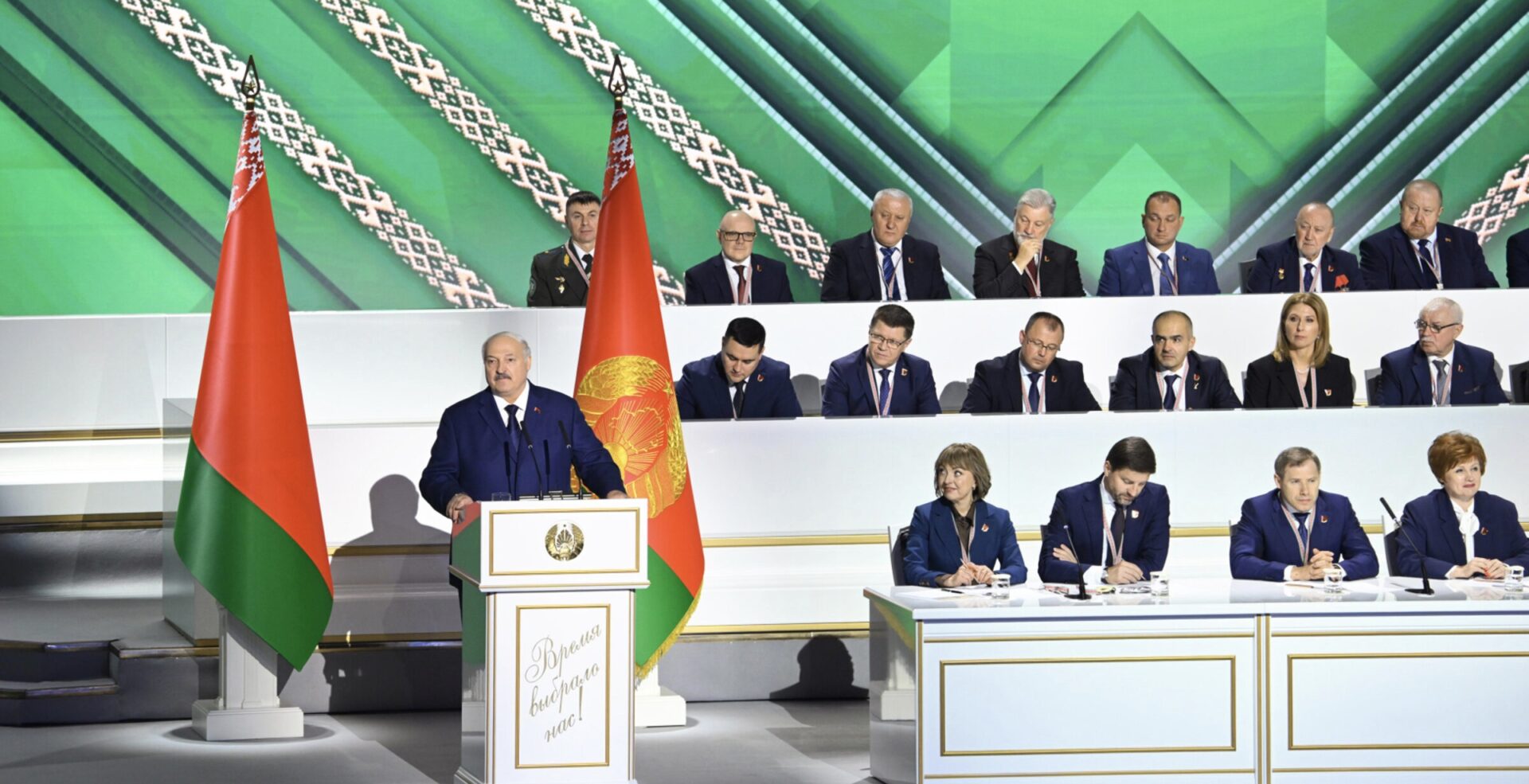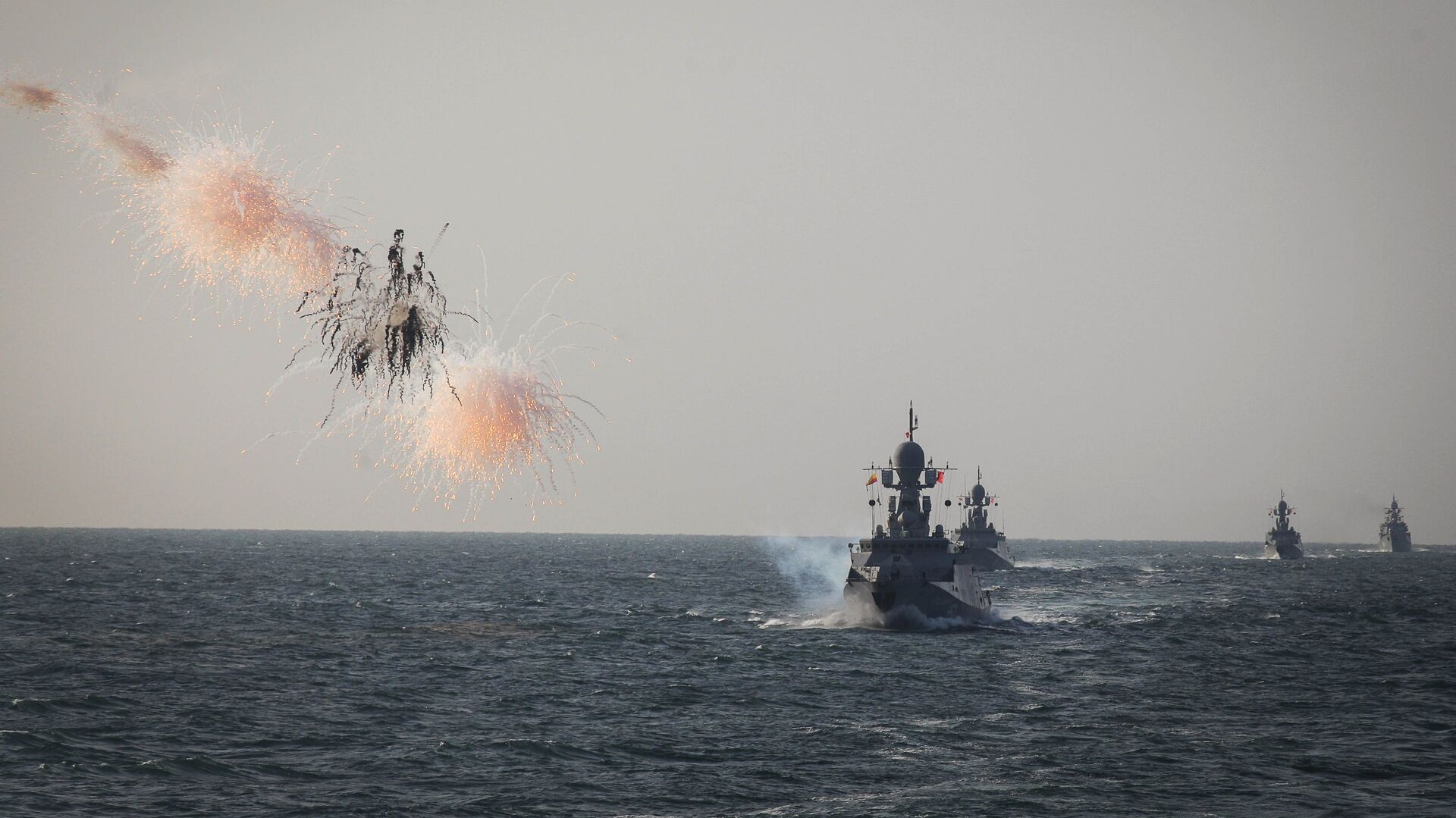
Russian Mercenaries’ Potential Advent to Mali
Russian Mercenaries’ Potential Advent to Mali
According to various reports, members of Russia’s notorious Wagner Private Military Company (PMC) have been transported to Mali to render assistance to the local interim government (Rosbalt.ru, September 27). Given the presence of Russian mercenaries in other parts of Sub-Saharan Africa (Ifri.org, September 11, 2020), this news alarmed the Western community, particularly France. Jean-Yves Le Drian, France’s minister for Europe and foreign affairs, warned his Russian counterpart, Sergey Lavrov, that Russia would face “serious consequences” if Wagner were deployed to Mali (Interfax.ru, September 24). On his part, Lavrov, speaking before the United Nations General Assembly, claimed it was the government of Mali that turned to a “Russian Private Military Company” while simultaneously blaming France for its failure to fulfill its peace-building regional commitments (Interfax.ru, September 25). In the meantime, local authorities denied reports about Russian mercenaries’ presence in the country, calling them “disinformation.” The official representative of France’s General Staff also noted that the French troops deployed in the Sahel G5 region “did not locate any traces of the Wagner Group in Mali” (Rosbalt.ru, October 8). Irrespective, Russia and Mali are clearly expanding their military-technical cooperation: on October 1, the first batch of Russian helicopters, along with arms and weaponry, were sent to Mali (Ria.ru, October 1).
Russia’s turn to Mali is not spontaneous; it is premised on a solid historical foundation: the USSR was one of its key benefactors, supporting Mali via large-scale infrastructural projects (gold-extracting and cement-producing plants) and military-technical assistance (Tass.ru, April 25, 2016). Following the breakup of the USSR, Mali’s economy rapidly stagnated, while the country turned into one of the poorest in the world. The economic ebb was followed by internal political destabilization. Both alarming trends were profoundly exacerbated in 2012 when the north of Mali went ablaze after the uprising of the Tuaregs that had served Muammar Gaddafi and returned home after the outbreak of the Arab Spring (2011). During 2012–2021, the country experienced three military coups (2012, 2020 and 2021). What made matters even worse was that the international coalition of forces failed to bring peace to the country: both the operation Serval (started in 2013) and the operation Barkhan (started in 2014) fell short of achieving their declared objectives (Ru.krymr.com, September 17).
Moscow immediately picked up Western failures, using terrorism as a pretext to strengthen ties with Sahel G5 countries (See Terrorism Monitor, March 20, 2020) and other countries in Sub-Saharan Africa. However, Russia’s military-technical cooperation, although profoundly weakened, did not die down entirely after 1991. In effect, in 2003, Russia and Mali formed an inter-governmental group on military-technical cooperation, whereas in 2009, both countries created a joint working group on the struggle against terrorism. In 2012, the two countries concluded their first contract on arms/weaponry delivery (Roe.ru, accessed October 11). Subsequently, in 2016, the Mali government openly appealed to the Kremlin, asking for military-technical support and assistance in fighting “terrorists” in the northern part of the country.
As the former Russian ambassador to Mali, Evgeni Korendyasov, stated at the time, Russia’s competitive edge in this country rests on two pillars: first, the fact that nearly all local arms/weaponry are of Soviet origin and thus incompatible with Western standards, which makes arms delivery from Russia instrumental for local armed forces and police; secondly, a major part of local elites studied in the USSR or later Russia (Iz.ru, October 19, 2016). Indeed, looking at the composition of local interim government today, several key figures, including the “interim” president, either studied or received (para)military training in the USSR or the Russian Federation (Novayagazeta.ru, September 29).
While Russia’s mercenaries (Wagner PMC) may or may not be in Mali right now, Moscow has several objectives in this country that, if taken a closer look at, go well beyond this specific, economically impoverished and politically broken actor.
First, Mali, somewhat akin to the Central African Republic (CAR)—a country wielding similar socio-economic conditions and political milieu—should be viewed as one of the smaller bridges enabling Russia to make a sound comeback on the continent. The aura of a successful anti-terrorist force is one of the very few competitive advantages that Russia might exercise in this macro-region. Thus, employing non-state actors, including shadow paramilitary groups, in competition for Africa is viewed by leading Russian experts as Moscow’s key competitive advantage (Bfm.ru, September 26).
Second, Russia’s economic and business interests in Western Africa should be viewed through the Mali-Guinea-Mauritania lens. Mali, which has substantial deposits of gold, plays a marginal (yet still visible) role in this “triangle.” However, its geographic proximity and strategic connection to Guinea— one of the largest producers of bauxite in the world (20 billion tons in proven reserves) that was shaken by a recent military coup—plays a key role for Russia (Quote.rbc.ru, September 6). Russia receives a significant part of Guinea’s raw materials essential for aluminum production via the United Company Rusal. According to an anonymous representative of the industry, if Russia’s access to Guinea’s deposits of bauxites is lost, it would have no alternative supplier (Interfax.ru, September 6). Similarly, a steady presence in Mali could grant Russia access to Mauritania, another member of Sahel G5 also facing similar security-related challenges. The country wields a strategic geo-economic location with direct access to Atlantic transportation routes.
Third, Russia’s economic and geopolitical interests in Eastern Africa need to be looked at through the lens of Mali-Niger-Chad-Sudan. As stated earlier, Russia is determined to upgrade its security ties with the G5 Sahel Group, which could help it regain influence in Sudan. The new Sudanese government has declared its adherence to a multi-vector foreign policy that marginalizes Russia’s role and presence in the country. However, Moscow seeks leverage through the Sahel Group and is closely monitoring the ongoing rift between France and some of its Western allies (the US, the UK, and Australia). Russia will try to get an advantage out of this situation, potentially strengthening ties with Paris—whose political weight in the EU is likely to grow—to obtain economic and political benefits. Therefore, while pursuing its goals in Sub-Saharan Africa, Russia is expected to be mindful of its importance to France as well.


